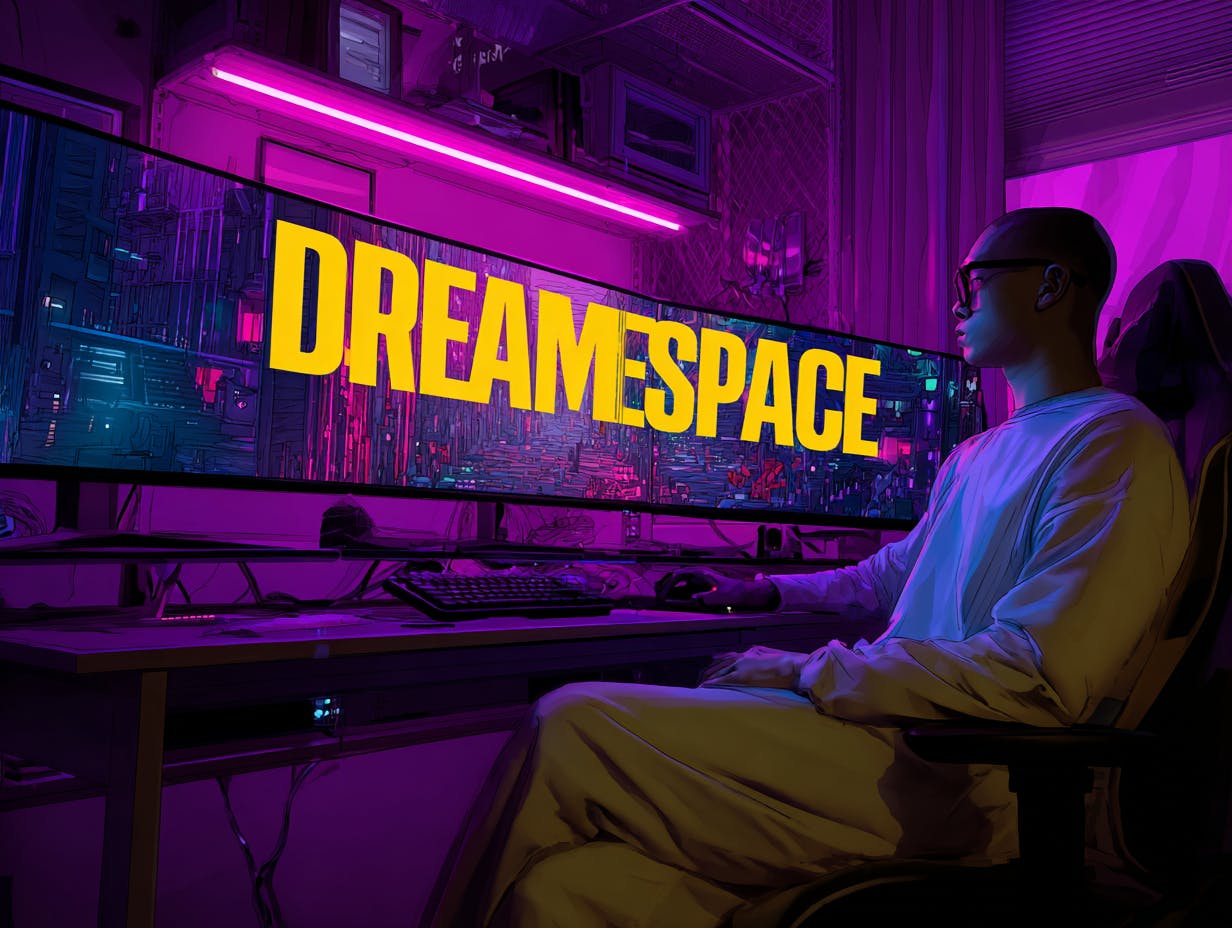The Supreme Court on Thursday declined to block Mississippi from enforcing its social media age-verification law against nine major platforms, for now.
In an emergency ruling, the justices denied internet trade group NetChoice’s request to reinstate a lower court’s order protecting social media giants like Meta, X and YouTube from the new requirements.
The Supreme Court did not explain its order or disclose the vote count, as is typical in emergency cases.
Justice Brett Kavanaugh, however, wrote a solo opinion cautioning that NetChoice is likely to ultimately succeed on its First Amendment claims even though he was siding against the group at this stage.
“In short, under this Court’s case law as it currently stands, the Mississippi law is likely unconstitutional,” Kavanaugh’s brief opinion reads.
“Nonetheless, because NetChoice has not sufficiently demonstrated that the balance of harms and equities favors it at this time, I concur in the Court’s denial of the application for interim relief,” the conservative justice continued.
NetChoice had asked the court to intervene after the U.S. Court of Appeals for the 5th Circuit lifted the district judge’s decision shielding the platforms from the 2024 law without explanation.
“Neither NetChoice nor this Court can know why the Fifth Circuit believed this law satisfies the First Amendment’s stringent demands or deviated from the seven other decisions enjoining similar laws,” NetChoice wrote in its request, contending it would face “immediate, irreparable” injury should the law be allowed to go into effect.
Mississippi’s law establishes requirements for social media companies to confirm their users’ ages. Minors must have express consent from a parent or guardian to use the platform, and covered websites must strive to eliminate their exposure to harmful material or face a $10,000 fine.
U.S. District Judge Halil Suleyman Ozerden found the law unconstitutional as applied to NetChoice members YouTube, X, Snapchat, Reddit, Pinterest, Nextdoor, Dreamwidth and Meta, which owns Facebook and Instagram.
In its Supreme Court papers, NetChoice argued that the law upended Mississippi citizens’ right to access protected speech across social media, contending the 5th Circuit’s lack of explanation is reason enough for the high court to step in.
The state claimed the law targets predators by imposing “modest duties” on the platforms and urged the justices to reject the application.
“NetChoice satisfies none of the vacatur criteria,” the state wrote. “It has not shown that the stay order is demonstrably wrong, that this Court would likely review a Fifth Circuit decision rejecting the injunction, or that the equities support its extraordinary request.”
Tech and free speech groups submitted friend-of-the-court briefs in support of NetChoice’s application, contending that the law puts an unfair bar on minors and burden on adults looking to engage in protected online expression. A group aimed at stopping child predators wrote in another amicus brief that the law fails to achieve its intended purpose of protecting children.
NetChoice does not argue the law is unconstitutional in all circumstances, as it did in its challenge to Florida and Texas laws aimed at barring social media companies from banning users based on their political views, which was resolved by the Supreme Court last year.
The Mississippi law was set to go into effect on the same day the justices handed NetChoice a win in those cases, sending them back to lower courts to analyze the Florida and Texas laws with new guidance.










